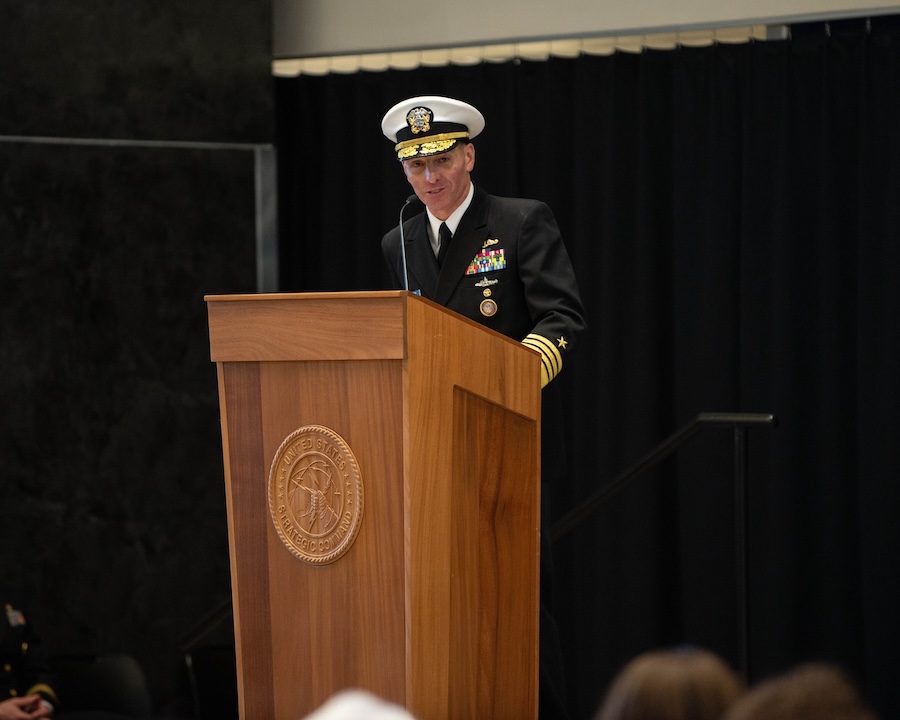This article explains how ROTC programs fund education, the types of scholarships available, and what you need to know about service obligations.
ROTC Scholarships and Financial Support
ROTC scholarships are among the most well-known financial benefits of the program. These scholarships can cover full tuition and fees or provide a room and board stipend. Cadets also receive an annual book allowance and a monthly stipend while in the program.
Here’s a breakdown of common ROTC financial benefits:
| Benefit | Approximate Amount |
| Full Tuition & Fees | Up to 100% of tuition |
| Room & Board Option | ~$6,000 per semester (varies) |
| Annual Book Stipend | $1,200 per year |
| Monthly Stipend | $420 per month |
These programs make ROTC pay for college in a significant way for qualified students. Scholarships are competitive and often awarded to students with strong academic records, leadership potential, and physical fitness.
How ROTC Scholarships Work in Practice
If you’re wondering, will ROTC pay for college, it depends on several factors:
- Scholarship Type: ROTC offers 2-, 3-, and 4-year scholarships for high school and college students.
Service Branch: Army, Navy/Marine Corps, and Air Force ROTC each have different scholarship structures and requirements. - Field of Study: Some scholarships prioritize majors needed in the military, like engineering, nursing, or foreign languages.
Students often manage demanding schedules balancing academics, military training, and leadership courses. During this time, those working on essays or research projects sometimes rely on pay for research paper services as an affordable study support option, helping them stay on top of coursework while fulfilling ROTC obligations.
Is ROTC Free and Does It Pay You?
Some students ask, is ROTC free, or if you do ROTC is college free? While scholarships can cover tuition and fees, ROTC is not entirely free in the sense that it requires a post-graduation service commitment. Scholarship recipients must serve as commissioned officers after earning their degrees.
In addition to tuition coverage, does ROTC pay you during college? Yes. Cadets receive a monthly living stipend, which increases with academic year standing. This stipend, combined with book allowances and potential room and board coverage, reduces the financial burden of higher education.
How Much Does ROTC Pay for College?
The exact amount depends on the branch, scholarship type, and the school’s tuition rates. Students commonly receive:
- Full tuition coverage or a room and board stipend
- Book allowances each semester
- Monthly stipends for living expenses
High-demand career fields often lead to more competitive scholarship awards. Students considering how much does ROTC pay for college should research each branch’s scholarship details to understand the full financial impact.
Eligibility and Commitment Requirements
To receive ROTC scholarships, students typically must:
- Be U.S. citizens
- Meet age and GPA requirements (usually 2.5 or higher)
- Pass physical fitness standards
- Commit to serve in the military as an officer after graduation
Service commitments vary:
- Army ROTC: 8 years (4 active duty + 4 in reserve/National Guard)
- Navy/Marine Corps ROTC: 4–5 years active duty
- Air Force ROTC: 4–10 years depending on career track
ROTC Benefits Beyond Tuition
Even students who do not receive a scholarship can benefit from ROTC through:
- Leadership training that translates to civilian careers
- Networking opportunities in both military and professional fields
- Tuition assistance and stipends for non-scholarship cadets
- Post-graduation career placement as commissioned officers
Participating in ROTC equips students with discipline, leadership skills, and financial support that can make college more accessible while setting up a career in the military.
Steps to Apply for an ROTC Scholarship
Students interested in ROTC should start planning early to improve their chances of securing a scholarship. Applications are typically submitted during the senior year of high school or the freshman year of college for in-college options. The general steps include:
- Research Eligible Schools: Ensure the college you want to attend offers an ROTC program for your chosen branch.
- Meet Academic and Physical Requirements: Maintain the minimum GPA, SAT/ACT scores, and pass the required fitness assessments.
- Submit an Application: Apply online through the branch-specific ROTC website or through the school’s ROTC department.
- Complete Interviews and Medical Exams: Applicants may need to pass a Department of Defense Medical Exam and participate in a local interview.
- Accept the Service Commitment: Once you receive the scholarship, you must agree to serve as a commissioned officer after graduation.
Starting this process early allows applicants to increase their eligibility and compete for the most generous scholarships available.
Final Thoughts
The ROTC pay for college question has a clear answer: yes, for eligible students willing to meet the academic and service requirements. ROTC provides scholarships, monthly stipends, and career opportunities that can make earning a degree far more affordable. While ROTC free college isn’t literal due to the service obligation, the financial and professional rewards are substantial for those who commit to the program.


























